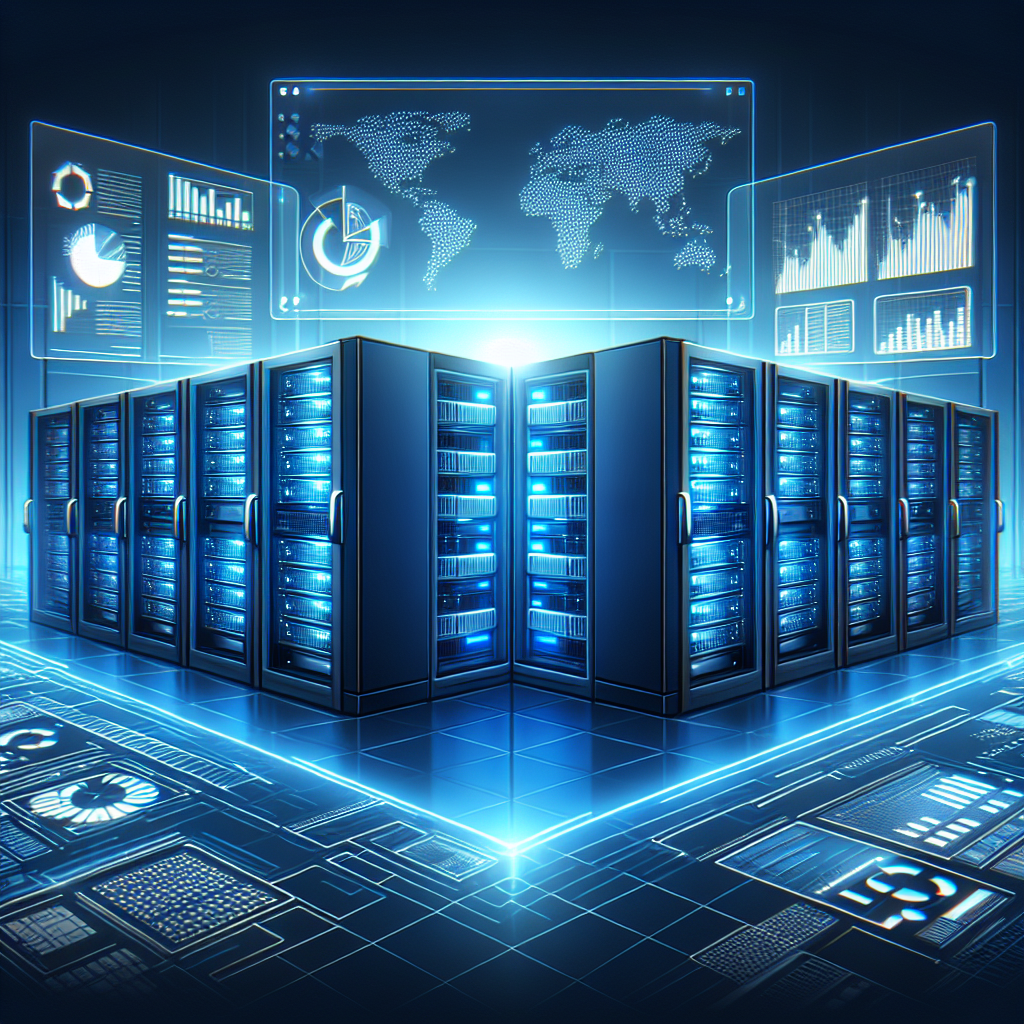In today’s digital age, data centers play a crucial role in storing and managing vast amounts of data for businesses across the globe. As technology continues to evolve, so do the databases that power these data centers. From traditional relational databases to newer, more advanced solutions, the future of data center databases is filled with exciting trends to watch.
One of the most significant trends in data center databases is the shift towards cloud-based solutions. Cloud databases offer increased scalability, flexibility, and cost-effectiveness compared to traditional on-premises options. With more businesses moving their operations to the cloud, the demand for cloud-based databases is expected to continue to rise in the coming years.
Another trend to watch in the future of data center databases is the adoption of NoSQL databases. NoSQL databases are designed to handle large volumes of unstructured data, making them ideal for applications that require high performance and scalability. As more businesses look to leverage big data and analytics, NoSQL databases are becoming increasingly popular in data centers.
In addition to cloud-based and NoSQL databases, the use of in-memory databases is also on the rise. In-memory databases store data in RAM instead of on disk, allowing for faster access and processing speeds. This trend is driven by the need for real-time data analytics and faster application performance, particularly in industries like finance, healthcare, and e-commerce.
Furthermore, the rise of edge computing is also impacting the future of data center databases. Edge computing brings data processing closer to the source of data, reducing latency and improving overall performance. As more devices become connected and generate massive amounts of data, data centers will need to adapt by deploying databases at the edge to handle the influx of information.
Lastly, the future of data center databases will also be shaped by advancements in artificial intelligence and machine learning. AI and ML technologies are revolutionizing how data is analyzed and processed, leading to the development of intelligent databases that can automate tasks, predict trends, and optimize performance. These AI-powered databases will play a critical role in helping businesses make data-driven decisions and stay competitive in the digital landscape.
In conclusion, the future of data center databases is bright and full of exciting trends to watch. From cloud-based solutions and NoSQL databases to in-memory databases and edge computing, the evolving landscape of data storage and management is sure to revolutionize how businesses harness the power of data. By staying informed and embracing these trends, organizations can position themselves for success in the digital age.


Leave a Reply